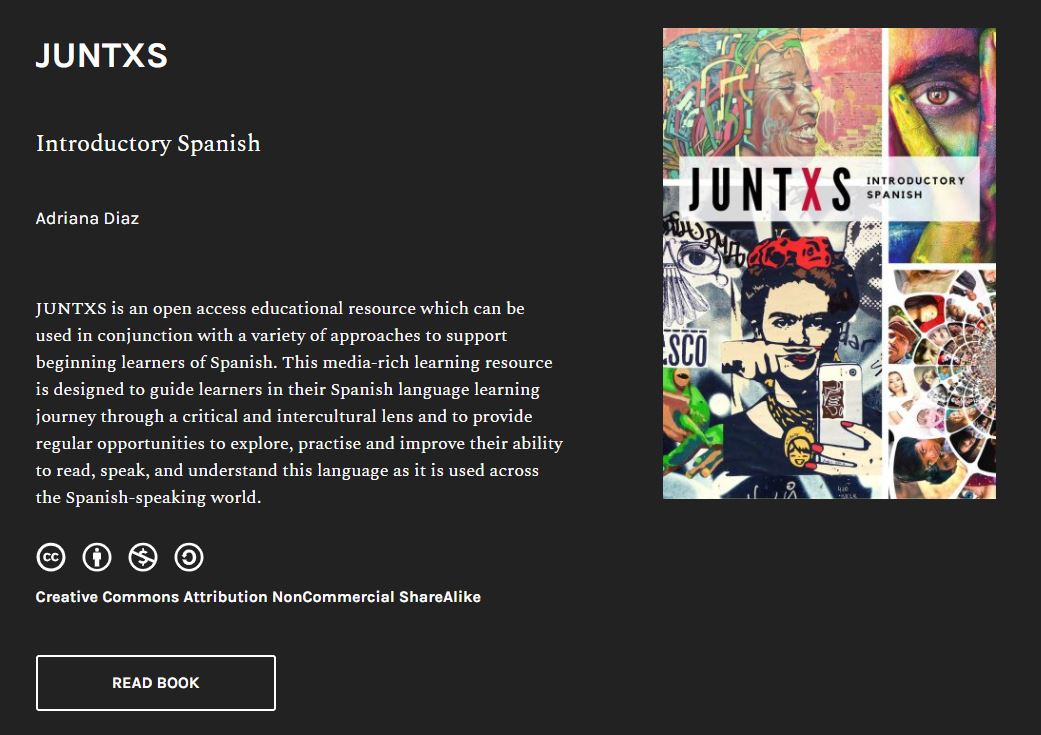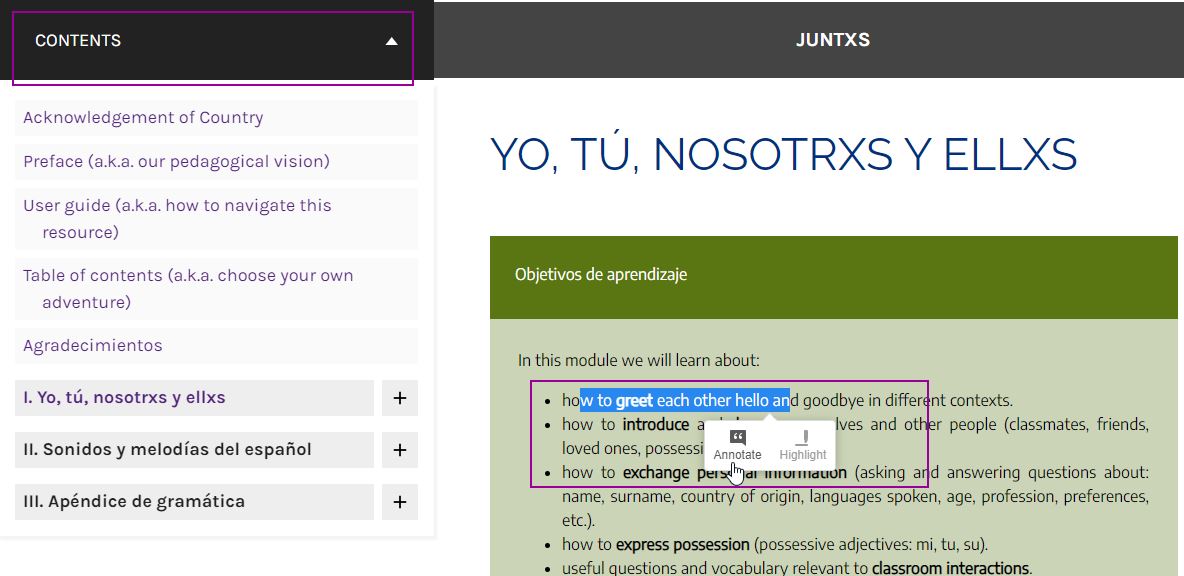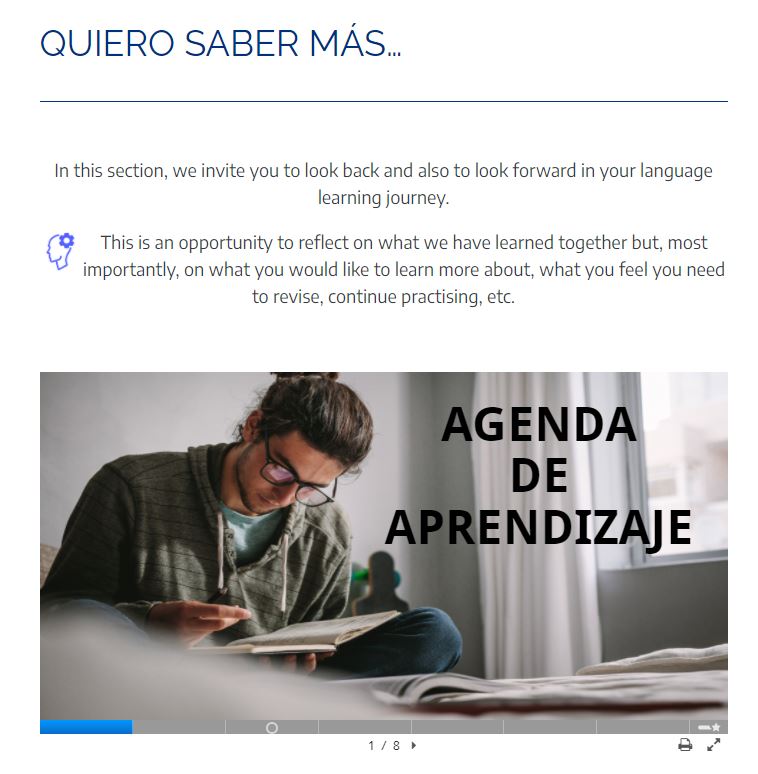UQ teachers, open textbooks offer a compelling alternative to commercial textbooks with benefits for you and your students. In this post, read about the Open Textbooks at UQ platform and how you can create, adopt and adapt open textbooks for your courses.
The Open Textbooks at UQ platform
Open Textbooks at UQ, using the Pressbooks open book creation platform, enables you to author and host open textbooks for your courses. You can:
- Create a text targeted to your course with a local context or additional viewpoints.
- Adapt openly licensed textbooks as a starting point. Search the Pressbooks Directory to find books published on the system.
- Co-create textbooks with your students as part of Open Pedagogy and engage them as creators of course content as well as consumers.
- Take advantage of flexible copyright licenses suitable for online teaching, especially where open book exams are used for assessment.
More about the Open Textbooks at UQ.
Explore an open UQ textbook
The JUNTXS Introductory Spanish textbook will be used in Introductory Spanish A (SPAN1010) and Introductory Spanish B (SPAN1020) for 2021.

Book cover includes a synopsis, the license and Read Book button.
Navigating and reading
Navigate through the book using the table of contents. You can allow your students to take notes, annotate and highlight sections as they read. Students require a Hypothesis account to use these features.

Select content to Annotate or Highlight. Use the Annotate sidebar to manage annotations or make page notes.
Rich media and interactive elements
You can easily embed videos and interactive (H5P) elements.

The page features an interactive element built using H5P.
Benefits of open textbooks
Benefits to you, the academic:
- Flexibility of content – easy to add local context, indigenous perspectives and a diversity of viewpoints.
- Interactive – quizzes, media, exercises and slides can be easily incorporated.
- Supports open pedagogy – co-creation of open textbooks with students supports deeper learning and engagement with course content.
Your students also benefit from open textbooks:
- Affordable and equitable - all students have access to your textbook. No-one misses out.
- Up-to-date learning resources - students benefit from how easy it is for you to update your textbook.
- Increased sense of belonging - your efforts to include a diversity of views improves the student experience and engagement as your students see themselves reflected in the learning materials.
Interested? Find out more
Further textbooks are in the works for 2021 and we actively seeking opportunities to work with more UQ academics to publish open textbooks. If you're interested, we'd like to hear from you.
- Contact your librarian to find out more about the Open Textbooks at UQ platform or email pressbooks@library.uq.edu.au to express your interest in creating an open textbook or other open learning resources for your course.
- Visit the Digital practices lab webpage to get involved in new digital practice at UQ. While you’re there, join the Digital Practices Community on Microsoft Teams to connect with other UQ teachers.